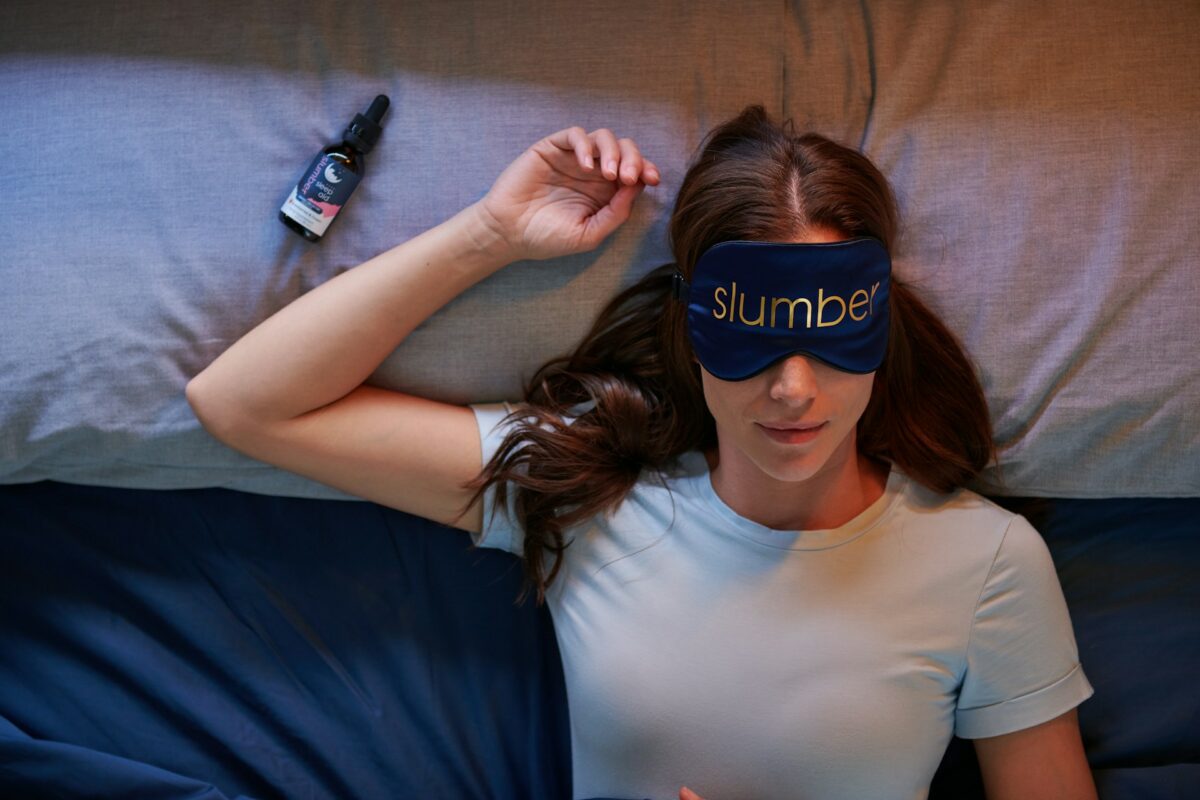Sleep and mental health share a deep, interconnected relationship that directly impacts our overall well-being. Lack of sleep can lead to increased stress, anxiety, and depression, while pre-existing mental health issues can further disrupt our sleep patterns. This cycle can hinder our ability to function optimally in our daily lives. To maintain a healthy balance both physically and mentally, it is vital to understand the connection between sleep and mental health and implement strategies to promote better sleep.
In this blog post, we will delve into the ways sleep impacts our mental health, discuss common sleep problems associated with mental health disorders, and provide valuable tips for improving sleep quality while mitigating mental health concerns. By gaining a better understanding of this essential connection, we can take proactive steps toward fostering a mindset of well-being and resilience.
Poor sleep doesn’t only affect our energy levels and physical health — it also has a direct impact on our emotional wellness. Insufficient or disrupted sleep can exacerbate the symptoms of various mental health conditions, such as anxiety, depression, and bipolar disorder. Conversely, individuals with pre-existing mental health issues may find that their sleep patterns are disrupted, creating a challenging cycle that makes both sleep and mental health difficult to manage.
Fortunately, there are effective strategies and solutions for overcoming these challenges. By prioritizing sleep and developing healthy habits, we can improve both our sleep quality and our mental health, paving the way for a balanced and fulfilling life. Stay tuned as we delve into the intricate relationship between sleep and mental health, and share practical tips to help you achieve restful slumber and enhanced emotional well-being.
1. The Impact of Sleep on Mental Health
Sleep is vital for our mental and emotional well-being, as it allows the brain to process emotions, consolidate memories, and prepare for the day ahead. Chronic sleep deprivation, or poor-quality sleep, can lead to several mental health issues, such as:
- Increased stress and irritability: A lack of restorative sleep can exacerbate stress and contribute to irritability, making it harder to cope with daily challenges.
- Heightened anxiety: Inadequate sleep can increase anxiety levels, leading to a heightened state of alertness and worry.
- Worsened depression: Poor sleep impacts mood regulation, and persistent sleep disturbances can exacerbate the symptoms of depression.
- Impaired cognitive functioning: Sleep deprivation affects cognitive abilities, including memory, attention, and decision-making.
2. Common Sleep Problems Associated with Mental Health Disorders
Individuals with pre-existing mental health disorders may experience sleep disruptions unique to their condition, creating a challenging cycle. Some examples include:
- Insomnia: This common sleep disorder, characterized by trouble falling or staying asleep, is often linked to anxiety and depression.
- Hypersomnia: Excessive sleeping can be a symptom of depression, leaving individuals feeling groggy and struggling with daytime functioning.
- Sleep apnea: This breathing disorder can be exacerbated by anxiety and depression, which in turn worsens sleep quality.
- Circadian rhythm disorders: Irregular sleep-wake cycles are common in bipolar disorder, leading to difficulties falling asleep and waking up at appropriate times.
3. Strategies for Improving Sleep Quality and Mitigating Mental Health Concerns
Promoting healthy sleep habits and addressing sleep-related issues can have a positive impact on mental well-being. Consider these approaches to enhance both sleep quality and mental health:
- Maintain a regular sleep schedule: Aim for a consistent bedtime and wake-up time to reinforce your body’s internal clock.
- Create an optimal sleep environment: Ensure your bedroom is cool, dark, and quiet, and invest in comfortable bedding and pillows.
- Limit screen time before bed: The blue light emitted from electronic devices can impact melatonin production, making it harder to fall asleep.
- Practice relaxation techniques: Deep breathing, progressive muscle relaxation, or mindfulness meditation can alleviate stress and help prepare the body for sleep.
- Seek therapy or counselling: Addressing underlying mental health issues through talk therapy or cognitive behavioural therapy (CBT) can positively impact sleep.
4. Professional Support for Sleep and Mental Health Issues
If self-help strategies are not yielding desired results, it may be time to consult a healthcare professional or sleep specialist. They can provide expert guidance and recommend treatments based on your specific needs, such as:
- Cognitive-behavioural therapy for insomnia (CBT-I): This structured program teaches techniques to break the cycle of poor sleep and negative thoughts, improving both sleep quality and related mental health symptoms.
- Medication management: Your healthcare provider may recommend medications, either temporary or long-term, to address sleep or mental health disorders. It’s essential to discuss potential side effects and dependence risks.
- Alternative treatments: In concurrence with professional advice, you may explore alternative therapies like acupuncture, biofeedback, or supplements to improve sleep and mental health.
Conclusion
The connection between sleep and mental health is undeniably complex but understanding it enables individuals to take proactive steps towards better well-being. By implementing healthy sleep habits and seeking help when necessary, people can improve both their physical and mental health, ultimately fostering a more balanced and fulfilling life.
At Sleep Doctor in Vancouver, we are committed to helping patients find healthy sleep solutions in Vancouver and improve their overall well-being. Our team of professionals is knowledgeable about the intricate relationship between sleep and mental health and is prepared to offer expert guidance and support. Reach out to us for assistance in navigating your journey towards restorative sleep and improved mental well-being.





